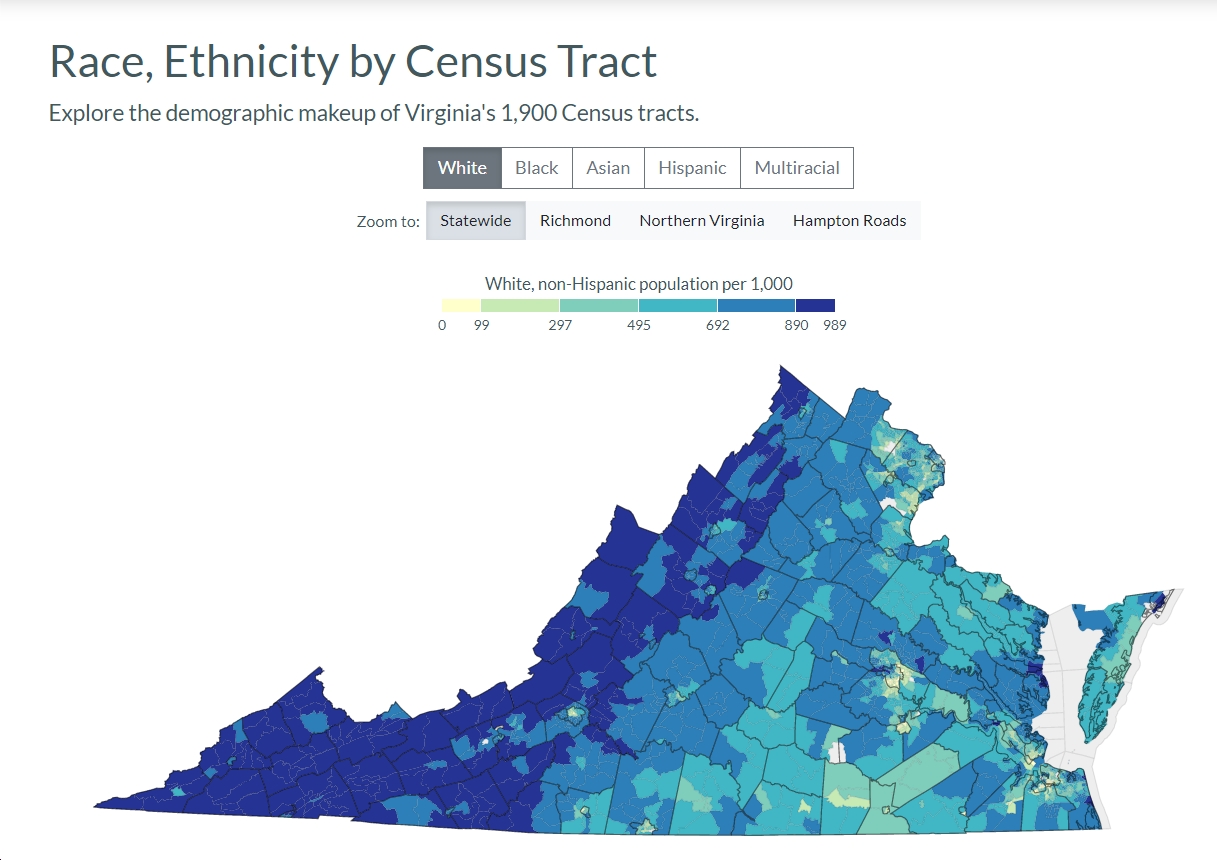This piece will be running in newspapers in my conservative congressional District (VA-06). It was ready to run some weeks ago, but I held off due to events I thought might interfere with my intended audience taking in this message.
We’d likely have less controversy over the slogan, “Black Lives Matter,” if we had more of a shared understanding of the relevant American reality.
Sometimes a single clue reveals something big about that reality. There’s the clue, for example, that we white people have heard about in recent times in the wake of headlined shootings of unarmed black men. It’s “the talk” that many black parents give to their children, especially their sons.
Prominent blacks, middle-class blacks, and poorer blacks have disclosed that they tell their sons that — if they must deal with a white policeman — it is important they act with exquisite care.
Keep your hands on the dashboard, where he can see them. Use your Sunday School manners. Call him Sir. Cooperate fully. Make no sudden moves. Ask for permission for each action you take.
Understand that your life may depend on this.
Like all parents, these parents of black sons want to protect their children. And “the talk,” we have lately learned, is a well-established part of black culture through which black parents try to help their sons survive.
It’s not easy for something like this to become an established part of a culture. It requires widespread experience, and it takes a very long time — generations even — for such a practice to take root.
This clue tells us, therefore, that the danger faced by young black men in contact with white police has been a major part of black experience for a long time.
But if blacks have been facing this reality for so long, why is it that it is only recently that white people have heard about “the talk”? Because only now do black people have reason to believe that white people might understand the reality they’ve been dealing with.
Thanks to cell-phone videos, we have all become eyewitnesses to the kinds of events from which black parents have long been trying to protect their children.
Only now are we seeing how an illegal police choke-hold led to the death of a black man in New York selling cigarettes on the street, how a white policeman in South Carolina shot a black man in the back and then planted a weapon on him, how a young black man selling CDs in front of a convenience store in Baton Rouge was shot multiple times after the police had pinned him to the ground. The list could go on.
And, for the same reason, this is the time that a movement has arisen to declare “Black Lives Matter.”
Although this movement may be new, we can assume that this message expresses a feeling that has dwelt in aching hearts for years — from the time of slavery, through the era of (several thousand) lynchings and segregation and disenfranchisement, to the present era.
Only now — when we can all see that sometimes not much stands in the way of snuffing out a black life — have black people emerged to issue to the whole nation this cry from the heart: Black Lives Matter.
Much of white America has responded to this message with understanding and empathy. But there is a segment that has responded with anger. Some condemn the message as “racist,” interpreting it to mean “Black Lives Matter more than others,” when it could hardly be clearer that the true meaning is, “Black Lives Matter, too.”
When it is so clear that the meaning of the message is, “We are human beings, too, and we implore that you do unto us as you would wish for yourselves and your children to be done unto,” something powerful must be at work in the hearts of some white people to distort it into something to fight over.
Powerful patterns of culture get handed down through the generations, and one such pattern — in a segment of white America — has been hostility to the aspirations of black people.
The ancestors of some of us were hostile to the slaves’ desire to be free, supported the Jim Crow regime of racial oppression, opposed the civil rights movement for equal opportunity and equal treatment under the law. And now, some whites take umbrage at the message of “Black Lives Matter.”
That a phrase as simple and direct and clear as “Black Lives Matter” can be misinterpreted as a threat shows that America has yet to realize the ideal of a society in which all lives matter equally.
Andy Schmookler — who was the Democratic nominee for Congress in Virginia’s 6th District in 2012 — is the author most recently of WHAT WE’RE UP AGAINST: The Destructive Force at Work in Our World– and How We Can Defeat It.



![Sunday News: “Trump Is Briefed on Options for Striking Iran as Protests Continue”; “Trump and Vance Are Fanning the Flames. Again”; “Shooting death of [Renee Good] matters to all of us”; “Fascism or freedom? The choice is yours”](https://bluevirginia.us/wp-content/uploads/2026/01/montage011126.jpg)


![Thursday News: “Europe draws red line on Greenland after a year of trying to pacify Trump”; “ICE Agent Kills Woman, DHS Tells Obvious, Insane Lies About It”; “Trump’s DOJ sued Virginia. Our attorney general surrendered”; “Political domino effect hits Alexandria as Sen. Ebbin [to resign] to join Spanberger administration”](https://bluevirginia.us/wp-content/uploads/2026/01/montage010826.jpg)











